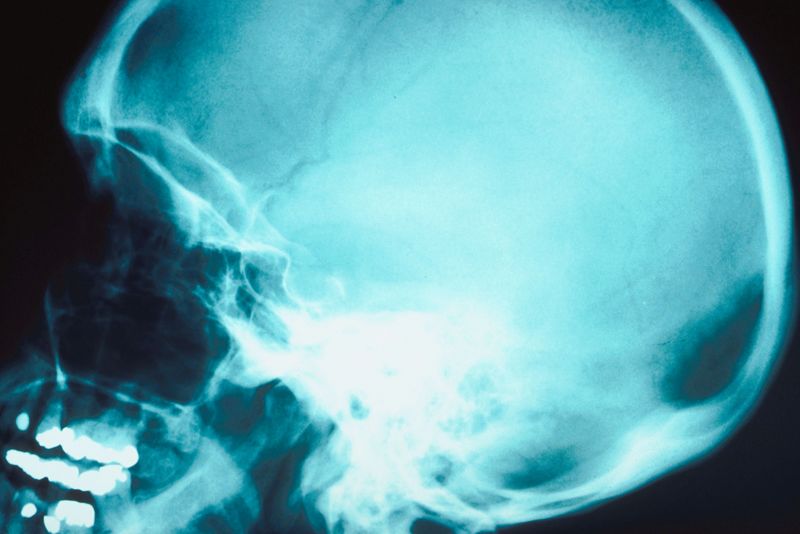WEDNESDAY, July 20, 2016 (HealthDay News) — Alzheimer’s disease may affect people’s ability to recognize when they are in pain, a new study shows.
Undetected pain may allow underlying health issues to go untreated, leading to serious complications, such as organ damage, researchers from Vanderbilt University in Nashville cautioned.
For the three-year study, the researchers tested two groups of adults who were aged 65 or older. One group was made up of people diagnosed with Alzheimer’s disease, which affects thinking skills, memory and intellect. Members of the second group did not have the progressive neurological disease.
The study used a device to subject participants to different heat sensations and asked them to report their pain levels. After the tests, the researchers analyzed self-reported pain.
“We found that participants with Alzheimer’s disease required higher temperatures to report sensing warmth, mild pain and moderate pain than the other participants,” said study first author Todd Monroe, an assistant professor at Vanderbilt’s School of Nursing. “What we didn’t find was a difference between the two groups in reporting how unpleasant the sensations were at any level.”
Participants with Alzheimer’s were less able to recognize when they were in pain, but their pain tolerance was not diminished, the study found.
“While we found that their ability to detect pain was reduced, we found no evidence that people with Alzheimer’s disease are less distressed by pain nor that pain becomes less unpleasant as their disease worsens,” Monroe said in a university news release.
More studies are needed to explore pain perception among those with Alzheimer’s disease, the researchers said. They added that doctors should use a variety of methods to evaluate patients’ level of discomfort, including pain scales, behavioral changes and nonverbal cues, like facial expressions. This is particularly important once Alzheimer’s patients begin having problems with verbal communication, the study authors said.
“As people age, the risk of developing pain increases, and as the population of older adults continues to grow, so will the number of people diagnosed with Alzheimer’s disease,” Monroe said. “We need to find ways to improve pain care in people with all forms of dementia and help alleviate unnecessary suffering in this highly vulnerable population.”
The study findings were published recently in the journal BMC Medicine.
More information
The U.S. National Institute on Aging provides more information on Alzheimer’s disease.
Copyright © 2026 HealthDay. All rights reserved.

